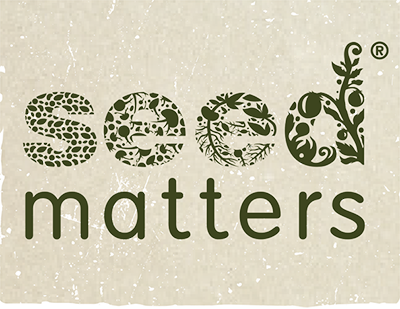
What happened to our food?

Our food isn’t what it used to be. Today, a teenage girl would have to eat 20 slices of bread from modern commodity wheat to get the daily allowance of iron that she would get from 3.5 slices of bread baked from older (circa 1960) heritage wheat.
In its rush for higher yield and more profit, industrial agriculture decreased the nutrients in our food by breeding crops for economic value instead of nutritional value. This was demonstrated by Donald Davis, Ph.D. of the University of Texas who conducted research to determine if there had been a decline in nutrients in our food crops. Using USDA data, Dr. Davis determined that as a group, the 43 foods (including carrots, beets, spinach and 40 more)had declines for six nutrients (protein, calcium, phosphorous, iron, riboflavin and ascorbic acid).

Davis published this work in the Journal of HortScience, and in the journal article he dismissed the idea that decline in soil minerals was the smoking gun, or sole reason for the decreased nutrients. Instead, he pointed to what he called “dilution” effects – environmental dilution and genetic dilution. Environmental dilution means that a plant that grows large under ideal conditions (plenty of fertility and water) takes up the same amount of nutrients as a plant that grows small, but the nutrients are diluted by the larger plant, which results in a lower concentration of nutrients by volume. That’s to be expected. But here is where plant breeding comes in… Davis also pointed out that as plant breeders select crops for high yield, they indirectly select for high carbohydrates, and not for the dozens of other nutrients (and hundreds to thousands of phytochemicals important in nutrition).
Think back to the bread example at the top of this post. Now, consider the food you want to eat in the future. Seed Matters works to bring nutrition, among other benefits, back to our food systems. Just one example of our work is supporting the grain breeding program of Dr. Stephen Jones at Washington State University with four Ph.D. fellowships in organic plant breeding. This program develops barleys, oats and wheat that grows well in organic conditions, works great for local bakers, brewers and dairy feed – and has increased nutritional value.
Together, we can make our meals more nutritious with well-bred organic seed!